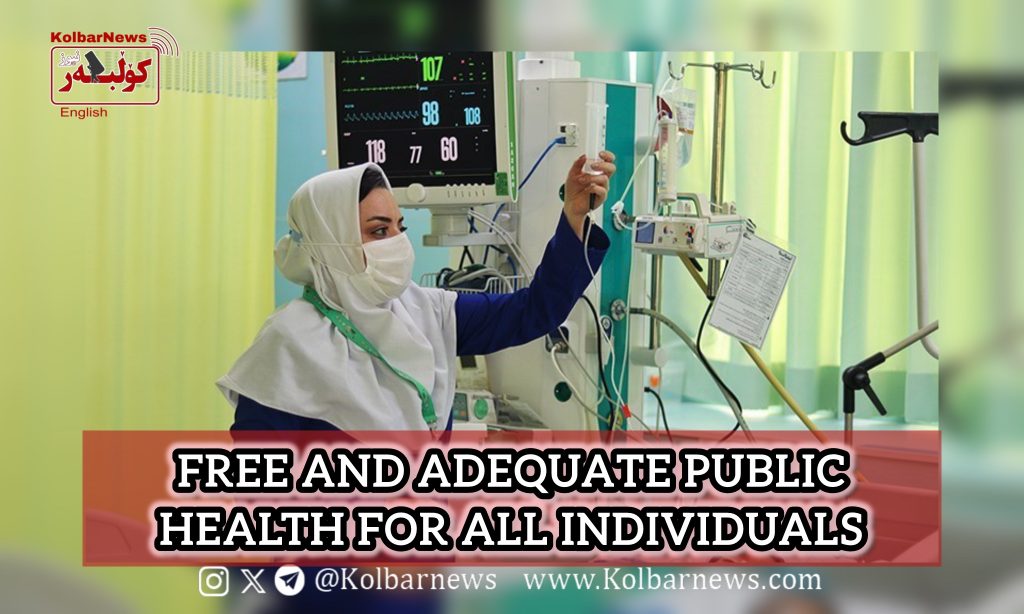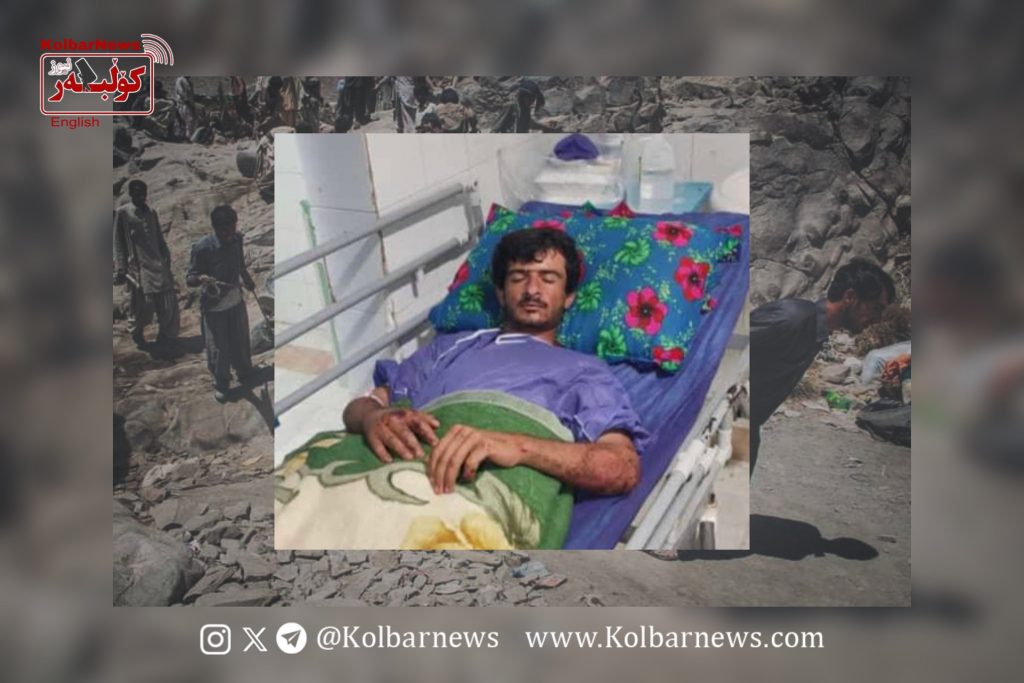
The first of Shahrivar in the Iranian calendar is named Avicenna Day and Doctor’s Day. Pezeshkian, the designated president, gave a speech in honor of this day. In part of his speech, he emphasized that he remains committed to his election campaign promise to ensure proper health, healthcare, and appropriate income for medical staff, especially for the poor. The Minister of Health also emphasized that ensuring health justice would be a priority in his duties. He considered the implementation of the family doctor plan as the solution to the numerous problems and the crippling costs of medicine, visits, and treatment. This plan has been discussed among officials for years, but no action has been taken to implement it so far.
In the Islamic Republic, the medical system is mainly controlled by the private sector, and the process of treatment, as well as the supply and distribution of medicine, is under the control of a mafia whose members either hold significant government positions or are backed by them. They have rendered the existing incomplete health insurance ineffective. Neither Pezeshkian nor his Minister of Health mentioned the issue of health insurance or its improvement. In any case, there are clear reasons showing that the commitment to solving the health problems of poor or low-income citizens is as fleeting as foam on the ocean and is doomed to fail. Several reasons can be cited to prove this claim.
In a system where the bankrupt economy needs to plunder public assets under the guise of privatization and impose economic austerity based on neoliberal economics on the people, how can one talk about ensuring health justice? How can officials who practically consider themselves supporters of the private sector claim to be truthful in prioritizing the resolution of health issues for low-income individuals? Some experts, referring to the crippling costs of medicine and treatment for the poor, have pointed out shocking truths. According to research, many impoverished individuals, due to lack of health insurance or even possessing worthless insurance booklets, do not seek medical attention for their illnesses and do not visit doctors, medical centers, or hospitals. The result of this is death accompanied by the suffering caused by the worsening of the illness. There have also been shocking reports that hospitals have refused to admit poor patients, especially sick children from low-income families, leading to their deaths. These researchers have written that in order to ensure health justice, fighting poverty in the field of health and wellness must be prioritized. This is because health is primarily secured through the prevention of illness. Prevention also requires the provision of sufficient and healthy food, promoting information related to quality nutrition, and education on how to live healthily, along with mental relaxation, daily exercise, and many other factors for the country’s residents. However, in the deeply corrupt system of the regime, which has pushed 70% of citizens below the absolute and relative poverty lines, health justice and adequate income for medical staff is nothing more than an empty slogan. Indeed, the majority of Iranian citizens, by abstaining from participating in the elections, have shown that they have no hope in any of the factions to solve the country’s problems.
But what is the solution? The solution lies only in pursuing and realizing justice-related demands concerning the provision of health and wellness justice, including: “Public, free, and adequate healthcare and medical coverage for all individuals residing in the country.”
Careful consideration of this demand shows that the provision of health and treatment for all individuals residing in the country is intended, not just for Iranian citizens with identification. This demand includes Afghan immigrants, undocumented children and adults, and all those who live within Iran’s geography. Furthermore, this demand calls for the dissolution of the private sector, as its existence implies inequality in providing services to the residents. Additionally, based on the experience of right-wing cabinets in even developed countries like Britain, these cabinets reduce the facilities and budget of the public sector. As a result of the declining quality and reduced facilities in this sector, many people are forced to turn to the private sector. This situation is even more prevalent in a corrupt and mafia-like regime such as the Islamic Republic. There is no doubt that it is necessary to struggle against the regime and its officials to ensure any degree of healthcare services and adequate income for the staff. Support for the organized struggles of nurses across the country is essential to force the cabinet to secure the income and wages of these nurses and medical staff. However, to best achieve the aforementioned demand, the country must be freed from the grip of the existing capitalist and religious government through revolutionary and nationwide struggles and replaced with a human-centered regime.

